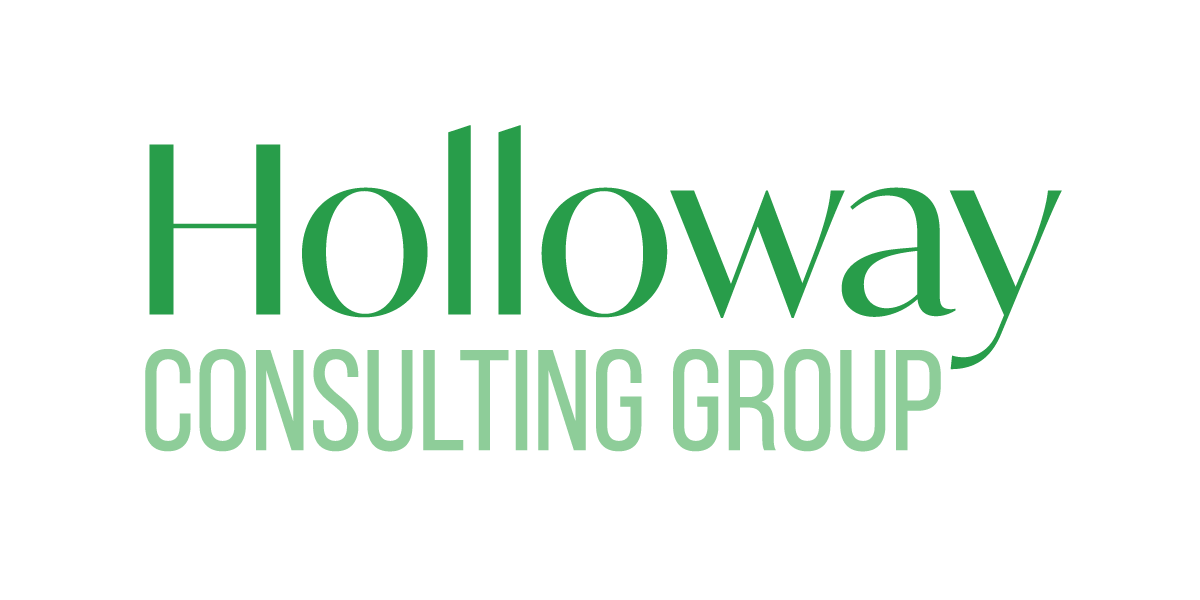I’ve had a personal trainer a couple times in my life. I hired the trainer because:
- I want additional help in holding myself accountable to specific goals.
- I’m not an expert in physical training and want to leverage the expertise of someone who is.
- I want to go further faster than I would on my own.
- I struggle to see how I am going to accomplish my vision.
I’ve also leveraged similar help with nutrition. And as an entrepreneur, I have hired business coaches because I recognize the many advantages to a coaching relationship.
I’ve never played an organized sport; yet I enjoy watching them and marveling at the player/coach relationship.
While the player is fully immersed in the game, an outside expert is standing on the sidelines taking note of how she is interacting with her team, how she is leveraging her knowledge and talents, and where and how she can do things differently the next time.
The coach does not want the player to become dependent on the coach’s insights; the coach wants the player to develop on their own so that when they are fully immersed in the game; they know what to do and how to react in certain situations.
Often the greatest players in the world have a longstanding relationship with a coach. I immediately think of Serena Williams and Patrick Mouratoglou. Patrick has been Serena’s coach since 2012.
In a June 2021 interview with GQ, Coach Mouratoglou said, “I approach everyone differently, and I approach everyone the same way. Everybody has completely different needs.” He went on to say that he has a plan for each of his players and he shared some specifics on Serena’s mindset, confidence, and ambition.
We can apply Coach Mouratoglou’s quote to project coaching in a few different ways:
- Methodology is key. It gives us a frame of reference.
Everyone you coach is different and each person is leading a different project. The one thing we have in common across all people and all projects are the fundamentals of the methodology that we decide to leverage for the work.
- Observe. Observe. Speak.
It’s important to watch the project leader leverage the methodology. How are they using the methodology? There’s no one right way. Are they getting results? Are they effective? Are there areas for improvement?
If you observe, you realize you cannot have a cookie cutter approach for everyone because different people need help on different things. And at the same time, most people struggle in the same areas.
For example, every time I charter a project I struggle with writing a very focused problem statement and objective. I want to cure all ills and ailments, even though I know that I need to focus as narrowly as possible. I talk myself through this every time. Using the skill for the first time, you would not know that people with years of experience can struggle with this.
- Confidence is key.
I cannot think of an area in life where confidence is not important. Early in a project, it is easy to look at the scope, resources, and budget and think, “What did I just get myself into?” It’s even more daunting when it’s the project manager alone in the ring with the project team pushing through the work.
It can be such a relief for that leader to go back into the corner and debrief with their coach and get an infusion of confidence.
“You have what it takes.”
“Let’s talk about what’s at your disposal.”
“You are in measure; let’s focus on measure.”
“Improve it in the future; let’s not jump to conclusions.”
“Do you have all the right people involved? This stakeholder group seems key; how should you engage them?”
- Continued growth.
A training class is a moment in time. You may get great information and templates. But, if you don’t use it, you lose it. The information rests inside of a digital or physical binder.
Adding a coach to training allows the learner to have the training come to life in day to day form, and in private. For those things that sound intriguing but complex, you get to practice in private, and with feedback. For those items that are personal blind spots, there’s a rider in the passenger seat calling them out and helping you deal with them.
If you have never had the experience of a coach in any area of your life consider – give it a try for 90 days. Where do you want to see better results? Is it finances, physicality, business, relationship, projects, etc.? A coach will help you go further faster.
***
Holloway Consulting Group is an Atlanta-based firm helping corporate technology teams all over the world set goals, create plans, and solve complex problems. We aim to service organizations through our training, coaching, and project management programs. Visit our website to schedule a call with our team today!




